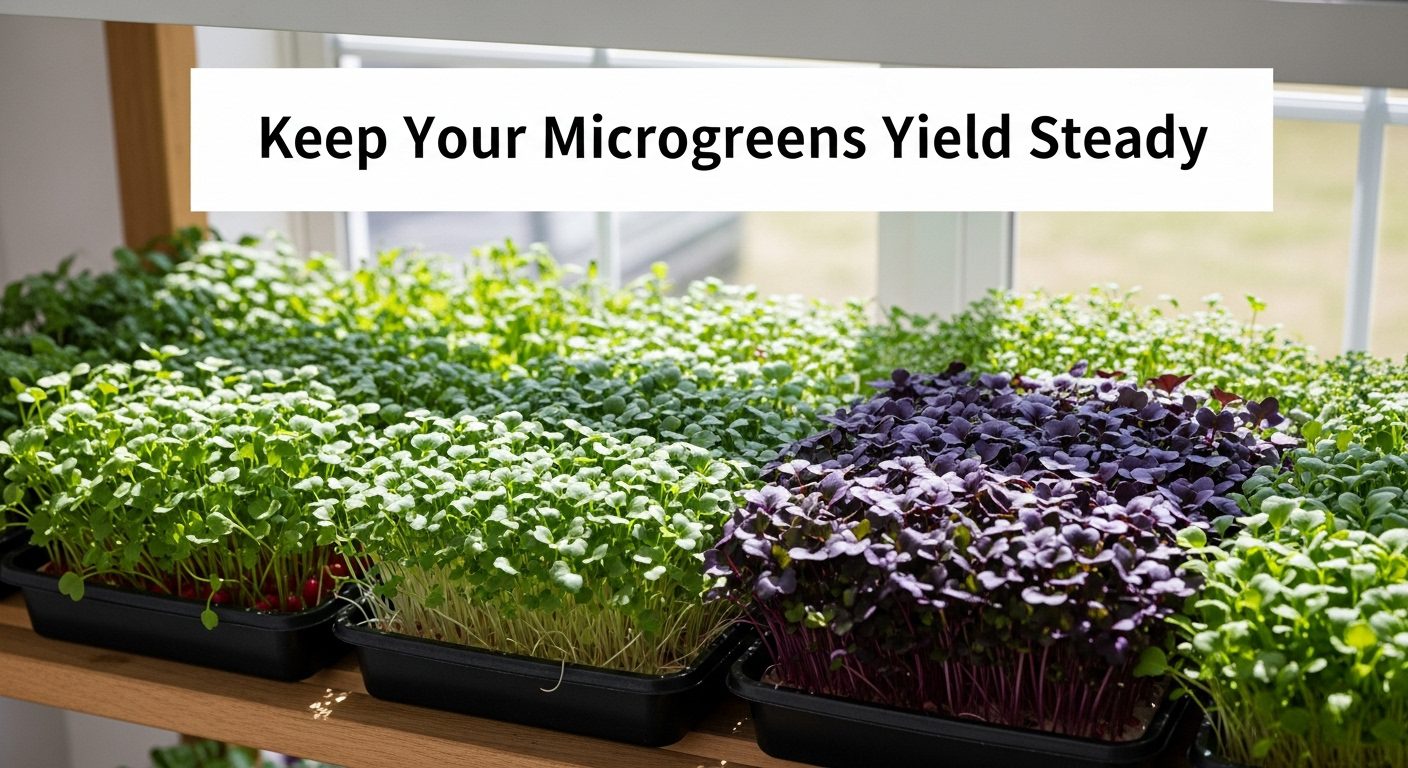
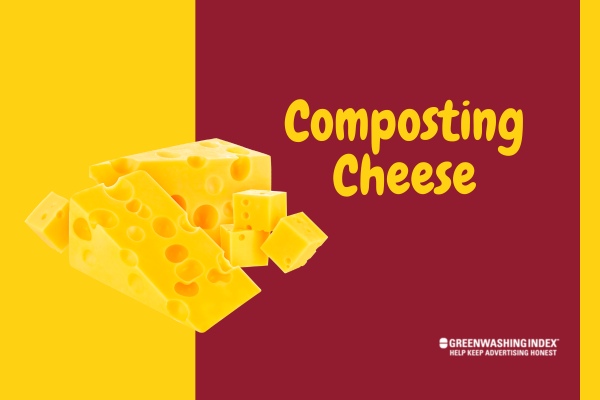
Composting cheese may seem unconventional, yet it can significantly contribute to sustainable waste management practices. As we strive to minimize our ecological footprint, understanding how to incorporate dairy into composting becomes essential.
However, the process isn’t without its challenges; cheese can attract pests and create unpleasant odors if not managed properly. With the right techniques and knowledge, composting cheese can transform kitchen scraps into nutrient-rich soil, fostering a healthier environment. Embrace this opportunity to enhance your composting efforts while navigating the complexities of dairy waste disposal.
Composting cheese can be a beneficial practice, transforming kitchen waste into nutrient-rich compost. However, it requires careful management due to its high fat and moisture content, which can attract pests and create unpleasant odors. While cheese is compostable, it is essential to follow specific guidelines to ensure successful decomposition and maintain a balanced compost pile.
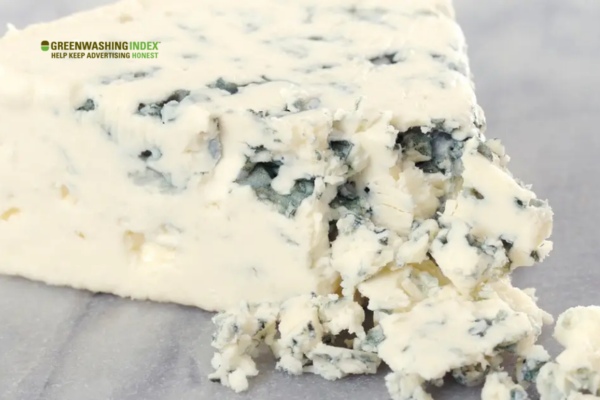
Here are key points to consider when composting cheese:
By following these guidelines, you can effectively incorporate cheese into your composting routine while minimizing potential issues.
Composting Cheese: A Guide to Sustainable Dairy Waste Management: Composting cheese might seem daunting, but with the right approach, it can become a valuable part of your sustainable living routine. By following these steps, you can compost cheese efficiently and safely, transforming it into nutrient-rich compost for your garden.
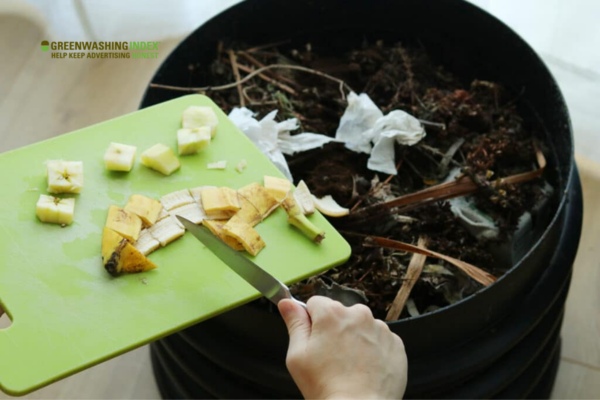
Preparing cheese for composting requires specific steps to ensure a successful and efficient process. While cheese can be a beneficial addition to your compost pile due to its nutrient content, it also presents challenges such as attracting pests and producing odors.
Proper preparation is essential to mitigate these issues and promote effective decomposition.
Incorporating cheese into your compost pile can be a valuable practice, despite some challenges. Cheese is rich in nutrients like calcium and nitrogen, which can enhance soil fertility when properly composted.
However, it requires careful management to avoid attracting pests and producing unpleasant odors. By using specific techniques, you can effectively integrate cheese into your composting routine, contributing to a sustainable waste management system.
Composting cheese can be a beneficial practice for both your garden and the environment. While traditionally viewed as a challenging item to compost due to its high fat content and potential odor issues, cheese can actually enrich your compost pile when managed correctly. By incorporating cheese into your composting routine, you contribute to nutrient cycling, reduce food waste, and enhance soil health. Here are some key benefits of composting cheese:
Integrating dairy products like cheese into eco-friendly food disposal systems can significantly enhance waste management practices. As food waste contributes substantially to greenhouse gas emissions, finding sustainable methods to dispose of these products is crucial. Cheese, while nutritious, can be challenging to compost due to its fat content.
However, innovative solutions are emerging that allow for the effective disposal of dairy products alongside other organic waste. By utilizing advanced composting systems and technologies, we can reduce landfill dependency and promote a circular economy where food waste is transformed into valuable resources.
Key Points on Eco-Friendly Disposal of Dairy Products:
In the quest for sustainable kitchen practices and organic waste management, it’s vital to balance the benefits and potential drawbacks of our actions. It turns out that composting cheese does carry some risks you might not expect. Here are a few possible issues to consider.
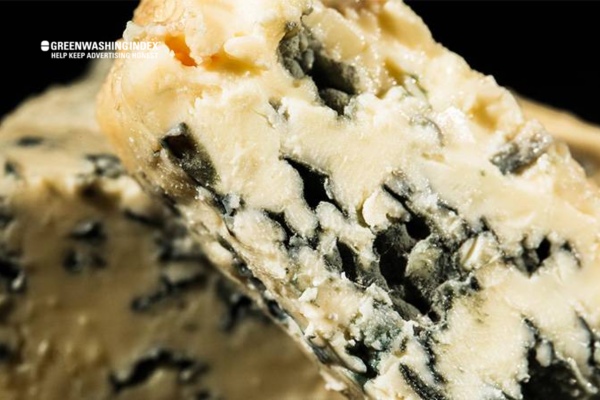
Composting cheese can unfortunately turn your compost pile into a sought-after dinner spot for local pests. The potent smell of cheeses like blue or gorgonzola will undoubtedly act as an invitation for unwanted guests including:
These common pests not only disrupt our backyards but also bring their own host of potential diseases, which could negatively impact both our beloved garden and our health. Given these concerns, I cannot stress enough the caution needed when adding dairy products like cheese into the compost mix.
Next on the menu is odor control – or more accurately, lack thereof. Cheese can cause a noticeable stink in your compost pile due to its decomposition process, creating an unpleasant aromatic experience in and around your home garden.
Organic waste management often requires dealing with some less-than-pleasant smells; however, the robust odor resulting from cheese breakdown makes sustainable living tips like this hard to digest. Particularly potent cheeses could even result in:
While sustainability efforts such as eco-friendly food disposal ideally lead us towards healthy soil and beautiful gardens, composting cheese presents an unexpected hurdle: pathogen growth. Due to its high protein content and moisture levels, decomposing cheese can encourage the development of harmful bacteria or pathogens which could threaten plant health if incorporated into garden soil later on.
Risks associated with this include:
Yes, cheese can be composted, but it requires careful management to prevent odors and pests. Shredding cheese and mixing it with brown materials can aid decomposition effectively.
Most dairy products, like milk and yogurt, can upset the balance in the compost pile due to their high protein content which might attract pests. But these can be used in moderation along with other compostable materials.
Yes, you can compost cheese, but it requires careful management to avoid odors and pests. Mix cheese with brown materials and ensure proper aeration for effective decomposition.
The amount of time it takes for cheese to decompose will vary depending on factors like temperature and composition of your pile; however, on average you could expect it to break down within a few months’ time.
Composting cheese is a nuanced topic that invites varied opinions. It sounds like incorporating cheese into compost can be beneficial for enriching soil, but it also poses challenges such as attracting pests and creating unpleasant odors. Proper preparation and moderation are essential to mitigate these risks.
By understanding how to effectively manage cheese in compost, individuals can contribute to sustainable practices while minimizing waste. Ultimately, the decision to compost cheese should be informed by awareness of its potential impacts on both the composting process and the surrounding environment.
